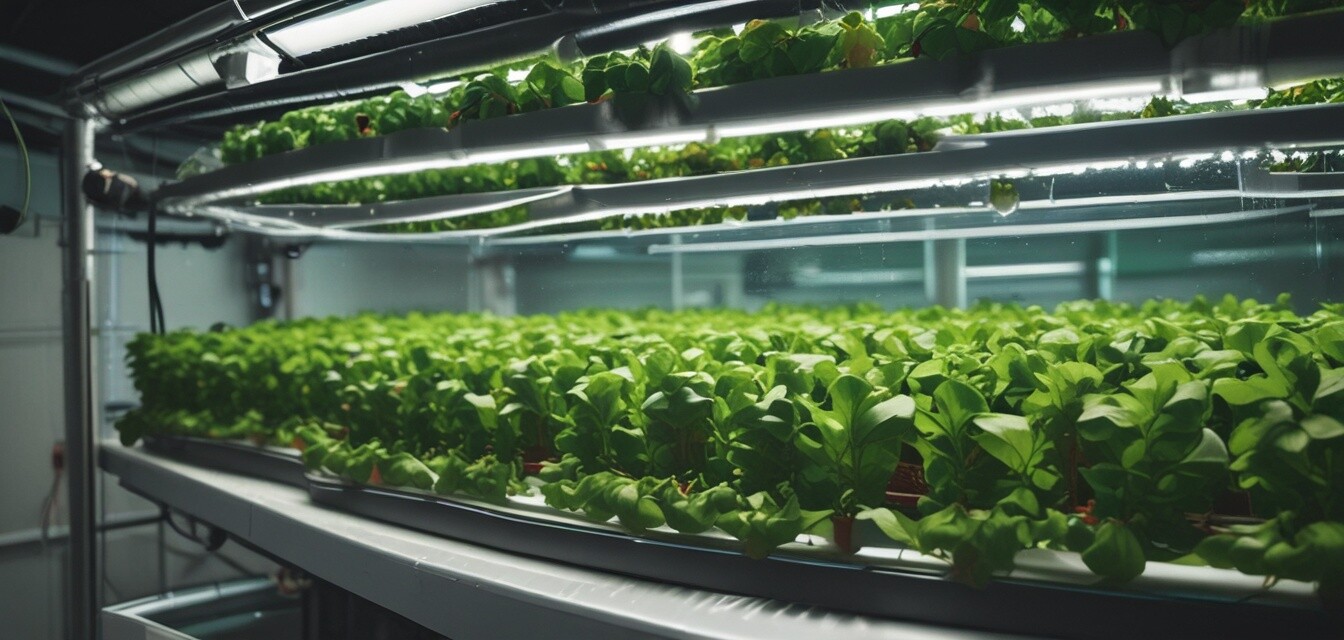
Innovations in Hydroponic Water Conservation
- Hydroponic systems are evolving to enhance water conservation and efficiency.
- New technologies focus on recycling water and optimizing nutrient delivery.
- Adopting sustainable practices impacts both productivity and environmental health.
- Staying informed on trends helps gardeners make better choices.
Hydroponic gardening, a soil-less method of growing plants, has gained popularity for its space-saving and resource-efficient practices. One of the key advantages of hydroponics is its ability to conserve water compared to traditional gardening methods. In this article, we aim to explore the latest innovations in water conservation technology within hydroponic systems, focusing on sustainable practices and efficiency improvements.
The Importance of Water Conservation in Hydroponics
Water conservation is crucial in hydroponics not only for reducing costs but also for minimizing environmental impact. Some benefits of enhanced water conservation in hydroponic systems include:
- Resource efficiency: Using less water while maintaining healthy plant growth.
- Sustainability: Promoting environmental stewardship by reducing water waste.
- Economic advantage: Reducing water bills and operational costs for commercial growers.
Latest Innovations in Hydroponic Water Conservation
The hydroponics industry is constantly evolving. Here are some of the latest innovations aimed at improving water conservation:
1. Closed-loop systems
Closed-loop systems are designed to recycle water continuously within the system. They minimize water loss by returning excess moisture to the reservoir. This practice ensures optimal water usage and reduces waste.
2. Advanced monitoring and sensors
Utilizing advanced monitoring technology allows growers to track water levels, pH levels, and nutrient concentration in real-time. This data-driven approach enables precise water management, ensuring that plants receive only what they need.
3. Water-efficient nutrient delivery systems
Innovations in nutrient delivery have made it possible to reduce the amount of water needed. Techniques such as drip irrigation and aeroponics apply nutrients in a fine mist, resulting in significant water savings.
4. Climate control technology
Automated climate control technologies help maintain optimal environmental conditions inside hydroponic systems. By controlling temperature and humidity, these systems reduce water evaporation rates, keeping more moisture available for plants.
5. Education and best practices
Education about water conservation and best practices in hydroponic gardening continues to evolve. Various resources such as research, workshops, and online communities share insights and knowledge among gardeners, enhancing water-saving practices.
Benefits of Water Conservation in Hydroponic Systems
Implementing innovative water conservation techniques brings various benefits, such as:
| Benefit | Description |
|---|---|
| Increased Yield | Efficient water usage often leads to improved plant growth and yield. |
| Reduced Costs | Lower water usage translates into reduced operational costs for growers. |
| Environmental Conservation | Less water waste helps protect local water supplies and contributes to sustainability. |
| Enhanced System Stability | Consistent water management leads to healthier plants and more resilient growing conditions. |
Conclusion
Innovation in hydroponic water conservation is vital for the future of sustainable gardening. By adopting new technologies and practices, growers not only enhance their productivity but also contribute positively to the environment. Stay updated with advancements in hydroponics by exploring our news and trends section for more insights.
Tips for Beginners in Hydroponic Water Conservation
- Start with a closed-loop system for maximum water efficiency.
- Invest in monitoring sensors to stay on top of nutrient delivery.
- Learn about different growing media and their water retention properties.
- Regularly check for water leaks to prevent wasted resources.
- Stay engaged with the hydroponics community to share sustainable practices.
Pros
- Significantly reduces water waste.
- Improves plant health and growth rates.
- Promotes sustainable practices within gardening.
- Reduces overall costs for growers.
Cons
- Initial setup costs for advanced technologies can be high.
- Requires technical know-how for optimal system management.
- Dependence on technology may lead to operational issues if not monitored.

